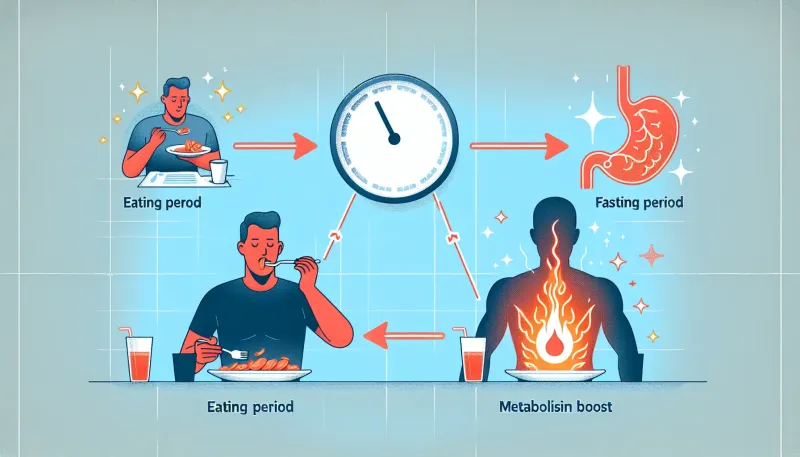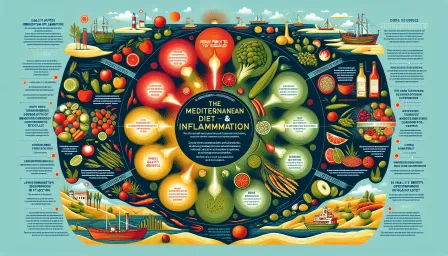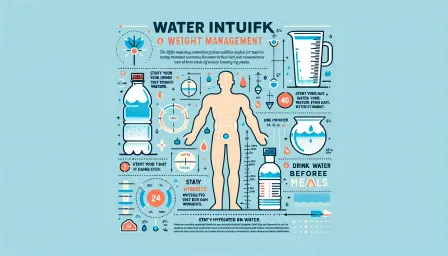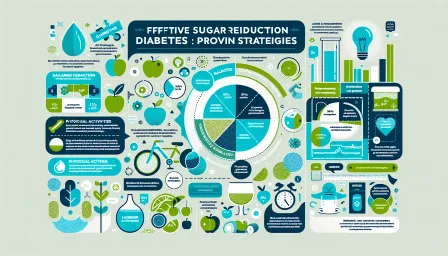The Impact of Intermittent Fasting on Your Metabolism

Discover the effects of intermittent fasting on your metabolism. Learn how various fasting protocols influence metabolic rate, fat loss, and overall health.
Intermittent fasting has become a popular trend in the health and wellness community. Many people turn to this eating pattern to lose weight, improve metabolic health, and enhance overall well-being. But how exactly does intermittent fasting affect your metabolism? In this article, we'll delve into the science behind intermittent fasting and metabolism, explore different fasting protocols, and offer insights into how fasting can influence your body's metabolic processes.
Understanding Intermittent Fasting
Intermittent fasting (IF) refers to an eating pattern that cycles between periods of eating and fasting. Unlike conventional diets that focus on what you eat, intermittent fasting centers on when you eat. There are several popular IF protocols, including:
- 16/8 Method: Fasting for 16 hours and eating within an 8-hour window each day.
- 5:2 Diet: Consuming normal meals five days a week and significantly reducing calorie intake (500-600 calories) on the remaining two days.
- Eat-Stop-Eat: Fasting for 24 hours once or twice a week.
Intermittent Fasting and Metabolism
Metabolic Rate and Energy Expenditure
Metabolic rate refers to the amount of energy (calories) your body burns at rest and during physical activity. When discussing intermittent fasting and metabolism, it's essential to understand how fasting impacts energy expenditure and metabolic rate.
Research indicates that short-term fasting can increase metabolic rate. A study published in American Journal of Clinical Nutrition found that intermittent fasting can boost norepinephrine (a hormone that triggers fat burning) levels, promoting higher energy expenditure.
Fat Loss and Muscle Preservation
One of the primary reasons people adopt intermittent fasting is to lose body fat. Fasting periods can lead to a caloric deficit, promoting weight loss. Additionally, intermittent fasting triggers hormonal changes that facilitate fat burning.
Human growth hormone (HGH) levels increase substantially during fasting. HGH enhances fat oxidation and promotes muscle preservation. Moreover, fasting reduces insulin levels, making it easier for the body to access and burn stored fat.
Insulin Sensitivity and Blood Sugar Control
Insulin sensitivity is a crucial factor in metabolic health. Higher insulin sensitivity allows cells to use glucose more effectively, reducing blood sugar levels and the risk of insulin resistance.
Studies have shown that intermittent fasting can improve insulin sensitivity and reduce blood sugar levels. This can be particularly beneficial for individuals with prediabetes or type 2 diabetes.
Long-Term Effects of Fasting on Metabolism
While short-term studies indicate positive effects of intermittent fasting on metabolism, it's essential to consider the long-term implications.
Adaptive Thermogenesis
Adaptive thermogenesis refers to the body’s ability to adjust its energy expenditure in response to changes in diet or physical activity. Prolonged caloric restriction can cause a decrease in metabolic rate as the body adapts to conserve energy. However, intermittent fasting protocols that prevent prolonged caloric restriction may avoid this adaptation.
Potential Metabolic Slowdown
Extended fasting periods or extreme caloric deficits can lead to a metabolic slowdown—a reduction in the metabolic rate. This phenomenon is often seen in traditional calorie-restrictive diets. It's important to ensure that any fasting protocol you follow provides adequate nutrition to prevent adverse metabolic changes.
Tips to Optimize Intermittent Fasting for Metabolic Health
Consistency is Key
Consistency in your fasting schedule can help your body adapt to the eating pattern and maintain metabolic health. Choose a protocol that fits your lifestyle and stick with it.
Prioritize Nutrient-Dense Foods
While intermittent fasting focuses on the timing of eating, the quality of food consumed is equally important. Opt for nutrient-dense foods that provide essential vitamins, minerals, protein, and healthy fats.
Stay Hydrated
Hydration is crucial during fasting periods. Drinking water, herbal teas, or electrolyte-containing beverages can help you stay hydrated and reduce feelings of hunger.
Incorporate Physical Activity
Regular physical activity complements fasting by boosting metabolism and preserving lean muscle mass. Aim for a balanced exercise routine combining aerobic and strength training exercises.
Conclusion
Intermittent fasting can have significant effects on your metabolism, promoting fat loss, improving insulin sensitivity, and enhancing metabolic health. By understanding the principles of intermittent fasting and implementing it thoughtfully, you can harness its benefits while minimizing potential drawbacks.
Remember, individual responses to intermittent fasting may vary, and it's essential to consult with a healthcare provider before making significant changes to your diet or fasting routine. With proper guidance, intermittent fasting can be a powerful tool for optimizing metabolic health and achieving your wellness goals.



























